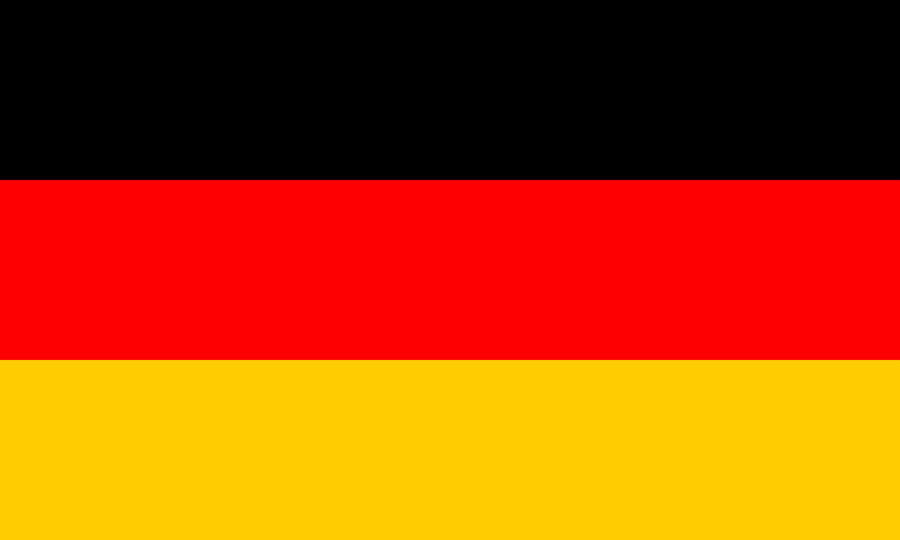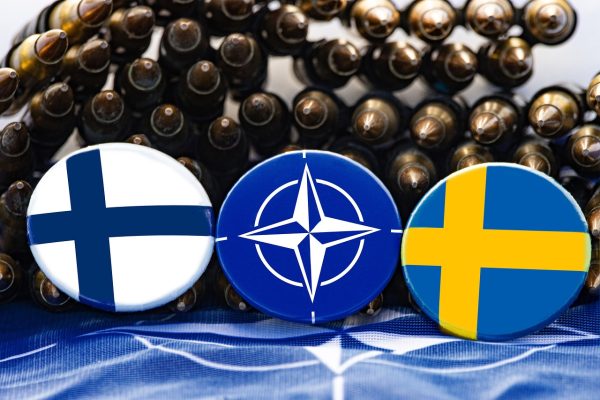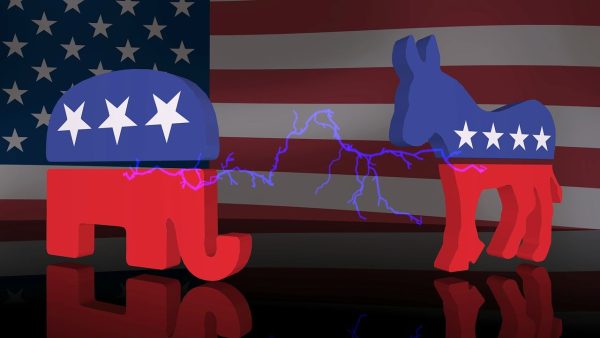Germany’s Place In The New Europe!
Germany, at different points in history, has been one of the most significant powers the world has seen- especially during WW1 and WW2. However, due to the devastating impact of both wars, everyone doubted that Germany would recover. Similar to Japan, Germany had an economic miracle and became one of the most significant powers in the world. As the European Union was being formed, Germany quickly became one of the most dominant powers in Europe and globally. Germany has quickly risen to power again, for the third time now.
Unexpected Miracle
After World War 2, Germany was left in absolute ruins, which seemed almost unrecoverable. Most of the cities were bombed to oblivion, and some cities had their populations decimated due to Allied bombing. Germany was essentially facing a bleak future that could represent endless torment. However, we can identify the beginning of the comeback, the “Farther of Germany’s Economic Miracle,” Ludwig Erhard. He was appointed as finance minister of the new West German Government after WW 2, and he quickly went to work. He started by creating a new German currency supported by the Allies to replace the old, useless currency of the past. He also removed price control, which was heavily criticized by the public and his own government. However, he proved them wrong and brought forth the blossoms of a new economy. After this, most people had enough time in Germany to work instead of searching for food, and production levels were almost the same as before the war The Marshall Plan also brought massive amounts of help to the Germans, as it brought billions of dollars to the German economy. When the Berlin Wall fell due to the massive differences between West and East Germany’s respective wealth, the East Germans only had 30% of production (pre-WW2) and moved to 80% after reunification. We can see that Germany quickly returned to economic power, and its future prominence could ripple towards the rest of Europe.
A Great Union
The European Union had a predecessor of the European Economic Committee(EEC), which was created first by Germany, France, Italy, Belgium, the Netherlands, and Luxembourg. The member nations settled their differences and came to terms over the production of coal and steel, which later brought those countries to other concerning issues. It started to expand in the 1970s, as more nations joined the union, and citizens were able to vote for ECP members. In the 1990s, the European Community decided to become closer and rename it to the European Union, in the treaty called the Maastricht Treaty; Finland was the last member to join it. Lastly, the free trade agreement was introduced, which allowed traveling across Europe’s border without customs. As the union becomes more stable, they are considering adding states/nations like Macedonia, Albania, Turkey, Montenegro, and Serbia.
A Greater Union?
As Germany becomes a significant power, a more unified state of Europe does not seem far from a reality. A union similar to the United States, the United States of Europe would embroil many of the same characteristics ,while still maintaining the uniqueness of every nation’s identity and culture. People like the former German Foreign Minister Joschka Fischer have said that he believes that the EU must, in the end, become a single federation, with its political leaders chosen by direct elections among all of its citizens. Movements like the Union of European Federalists, the European Movement International, the (former) European Federalist Party, and Stand Up For Europe represent the small yet powerful movement for a more unified Europe. If the entirety of the European Union united, the population would be a groundbreaking 494 million, making it the third-largest country by population. However, more importantly than that is the economy, as it will become the third-largest economy- with a whopping 15 trillion dollar GDP. This all proves that a unified Europe could be a great counterbalance towards the growing influences of the USA, China, and Russia. However, there are many different factions and general differences in Europe to allow this from easily occurring. A unified Europe might take decades or even centuries to form, or not even at all. To end with a quote from David Cameron, “Today, hundreds of millions dwell in freedom, from the Baltic to the Adriatic, from the Western Approaches to the Aegean. And while we must never take this for granted, the first purpose of the European Union – to secure peace – has been achieved and we should pay tribute to all those in the EU, alongside Nato, who made that happen.”.











